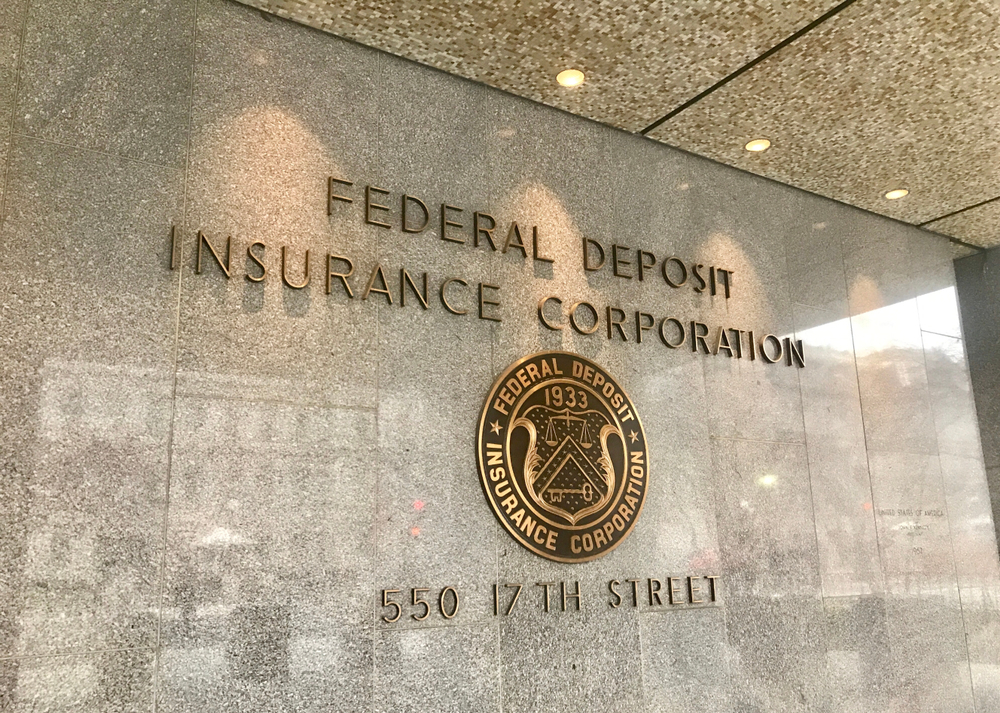Today we will tell you in great detail about delisting. What is it all about? And most importantly, why should you pay attention to it and attentively read the contents of this text?
What is it?
Delisting is the exclusion of a cryptocurrency from the list of available assets for trading on an exchange. It should be noted that this procedure is rare and is carried out only in exceptional cases.
If a cryptocurrency is de-listed, can it no longer be traded?
Yes and no. The fact is that cryptocurrency de-listing takes place on every exchange separately, and if one particular exchange decides to de-list, it doesn’t mean that you can’t find and trade that coin on any other exchange.
How important is it for a coin to stay on exchanges?
It is extremely important for any coin to get on the available asset lists of large and reputable exchanges like Binance, because those exchanges boost rankings and sales, not to mention the fact that a place on those lists already translates into trust and reliability by default. And if it happens that an exchange stops supporting a particular coin, it only means problems. Problems with a particular project are related to its reliability.
What are the reasons?
Let’s move on to the most important thing: the reasons why crypto exchanges delist.
1) The project’s and its team’s scandalous reputation
The most obvious reason why exchanges stop supporting this or that project is obvious. It is important for any platforms to keep users’ trust, and if users are dissatisfied en masse, it will become a reason for delisting.
2) A small number of trades
Also, understandable motivation. If a coin is not that popular for a long time, it loses its position and ceases to be supported by the exchange.
3) Working with coins requires anonymity.
Of course, a lot of users value anonymity, and platforms would gladly go out of their way to provide such a possibility. However, there is a nuance. Large and reputable exchanges are under the supervision of various controlling structures, putting pressure on them to about the anonymity of transactions.







